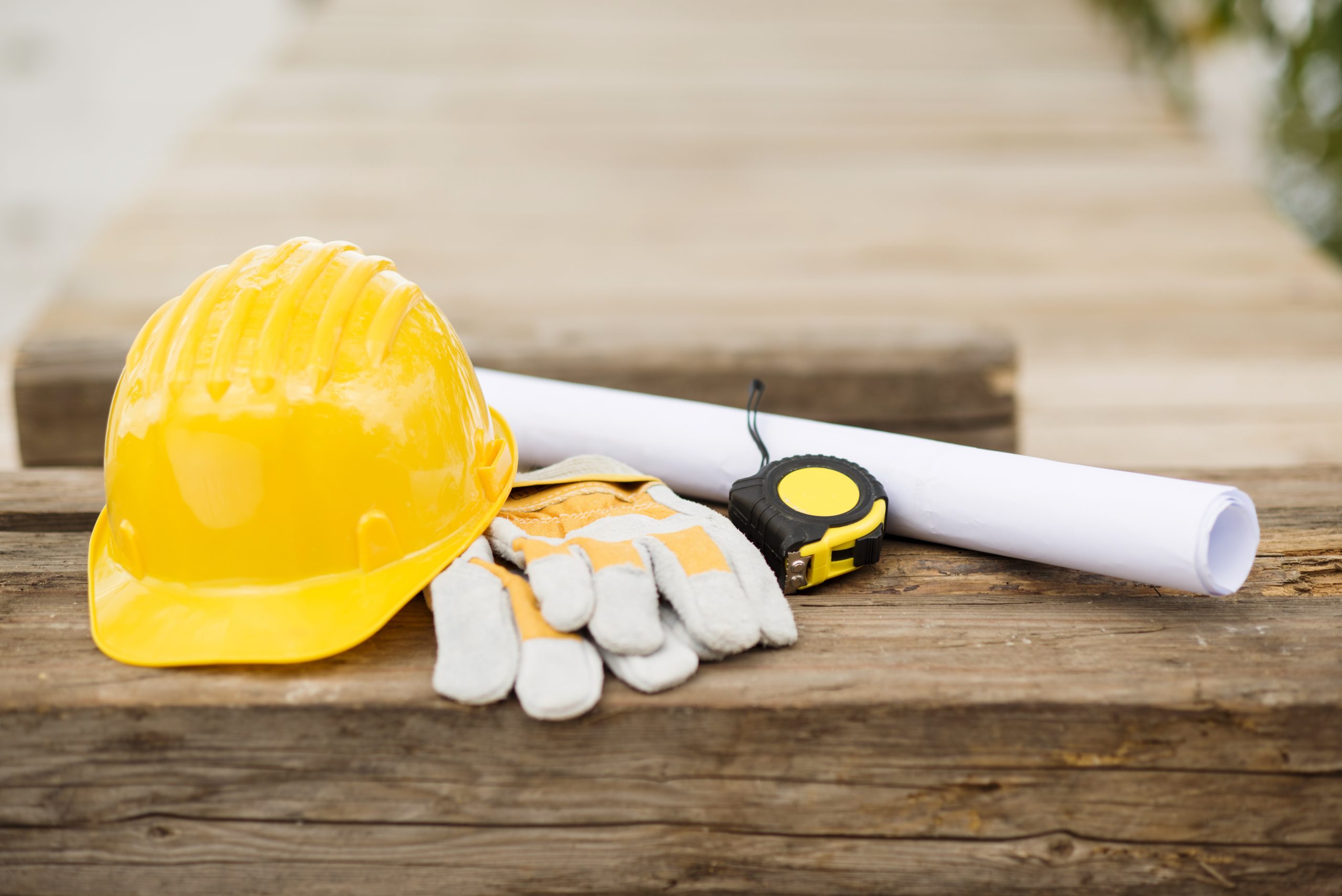Are you new to boating? Do you want to learn the basics of safe and fun sailing? If so, this article is perfect for you. Boating can be a thrilling experience, but it’s essential to follow some basic tips to ensure your safety on the water. In this blog post, we will cover everything from introducing you to boating to maintaining your boat properly and preparing it for winter storage. Let’s get started!

Introduction to Boating 101
If you’re just starting out in boating, there are several things you need to know before hitting the open waters. Firstly, make sure you have all the necessary safety equipment on board, including life jackets, flares, and fire extinguishers. It’s also crucial to understand the rules of navigation and how to communicate with other boats in the area. Familiarize yourself with the weather patterns and sea conditions before setting off on your journey.
Tips for Safe Boating
Now that you have the basics covered, let’s dive into some tips for safe boating. Always wear your life jacket while on board, even if you’re a strong swimmer. Ensure that your boat has enough fuel and supplies for the duration of your trip, and keep an eye on the engine’s oil levels and battery charge. Avoid alcohol or drugs while operating the vessel, as they impair your judgment and reaction time. Finally, stay aware of your surroundings at all times and keep an eye out for potential hazards like rocks, reefs, or other vessels.
How To Maintain Your Boat Properly
Maintaining your boat regularly is critical to ensuring its longevity and reliability. After each use, rinse down the deck and hull to remove any saltwater or debris. Check the engine’s oil levels and change the filter if necessary. Clean the bilges and check for any signs of leaks or damage. If you notice any issues, address them promptly to prevent further problems.
Winterizing Your Boat: Preparing For The Offseason
When the boating season comes to an end, it’s essential to prepare your boat for winter storage. Start by removing any loose items from the deck and storing them indoors. Drain the fuel tank and add a fuel stabilizer to prevent rust and corrosion. Cover the boat with a breathable fabric to protect it from the elements, and store it in a dry place. By taking these steps, you can rest assured that your boat will be ready to go when spring rolls around.
Getting Your Boat Ready For Boating Season
Once the snow melts and the temperatures rise, it’s time to get your boat ready for another exciting season on the water. Start by giving the boat a thorough cleaning inside and out. Inspect the hull for any damage or scratches, and repair them if needed. Replace any worn-out parts, such as lines or fittings, and test all electrical systems to ensure they’re working correctly. With these simple steps, you’ll be ready to hit the water in no time.
Sailing Tips For Beginners
If you’re new to sailing, don’t worry – it’s not as difficult as it seems. Start by familiarizing yourself with the basic terminology, such as port, starboard, bow, and stern. Learn how to rig the sails and control the rudder, and practice maneuvering the boat in calm waters until you feel confident. Remember to always wear your life jacket and never sail alone.
Maintenance Tips For Sailboats
Just like motorized boats, sailboats require regular maintenance to remain seaworthy. Check the rigging and sails for any signs of wear or tear, and replace them if necessary. Keep the bottom of the boat clean and free of barnacles or other growth, which can slow you down. Lubricate all moving parts, such as winches and pulleys, and inspect the hull for any cracks or blisters. By following these simple steps, you can extend the lifespan of your sailboat and enjoy many years of happy sailing.
Safety Equipment Every Boater Should Have
As a responsible boater, it’s essential to carry the proper safety equipment on board. This includes life jackets for everyone on board, a first aid kit, flares, a VHF radio, and a GPS device. You should also have a toolkit, extra line, and a flashlight in case of emergencies. By having these items close at hand, you can respond quickly and effectively to any situation that may arise.
Common Boating Hazards And How To Avoid Them
Finally, let’s talk about common boating hazards and how to avoid them. Some of the most significant risks include collisions with other vessels, capsizing, and falling overboard. To minimize these risks, always obey the rules of navigation, travel at a safe speed, and keep a lookout for other boats and obstacles. Wear your life jacket at all times, and consider taking a boating safety course to improve your knowledge and skills.
Conclusion: Enjoying Your Time On The Water Responsibly
Congratulations – you now have a solid foundation of knowledge to help you navigate the world of boating safely and responsibly. Whether you’re a beginner or an experienced sailor, remember to always respect the water and take the necessary precautions to ensure your safety and the safety of those around you. Now, go forth and enjoy your time on the water!
